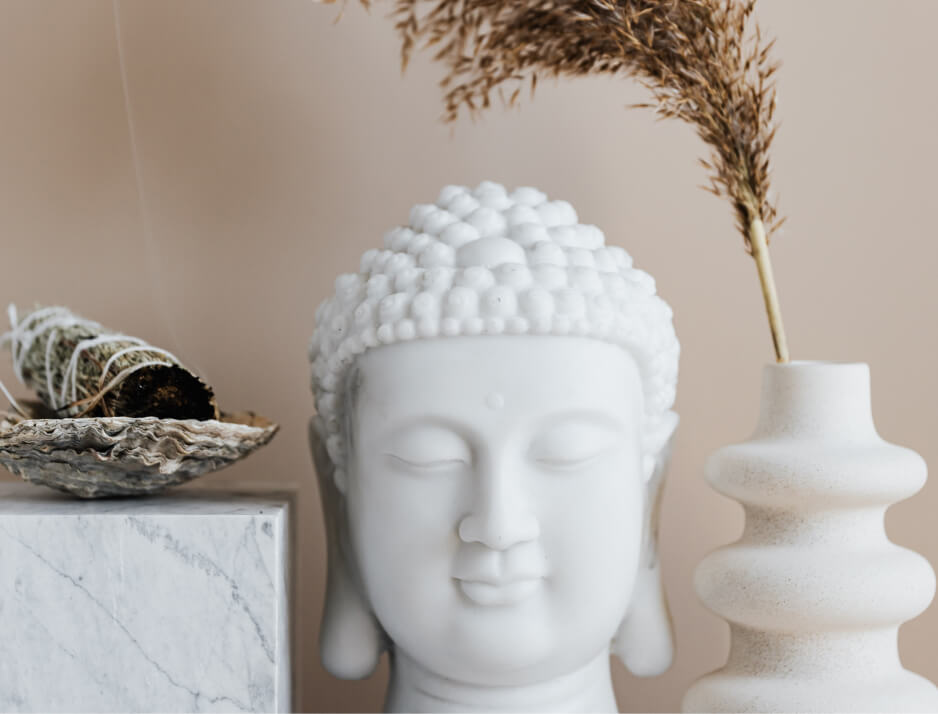Negative thoughts can quickly spiral, affecting mood, productivity, and overall well-being. To regain control, identifying harmful thinking patterns is essential. Recognizing triggers and challenging irrational beliefs helps break the cycle. Aerobic exercise plays a crucial role in shifting focus away from negativity by releasing endorphins that boost mood and reduce stress. Engaging in activities like running, cycling, or swimming improves mental clarity, making it easier to adopt a more positive outlook.
Mindfulness and intentional thinking also counteract negativity. Instead of dwelling on worst-case scenarios, redirecting attention to solutions and opportunities fosters resilience. Practicing gratitude, surrounding yourself with supportive individuals, and engaging in uplifting activities help shift perspective. Regular aerobic exercise strengthens both body and mind, creating a natural buffer against stress and negative emotions. Movement enhances cognitive function, making it easier to reframe challenges with optimism.
Developing a habit of positive thinking requires consistency. Daily affirmations, deep breathing techniques, and structured routines promote a healthier mindset. Limiting exposure to negativity, whether through media or toxic environments, also makes a significant difference. By combining mental strategies with aerobic exercise, young professionals can effectively manage stress and cultivate a more optimistic, focused, and fulfilling life.



